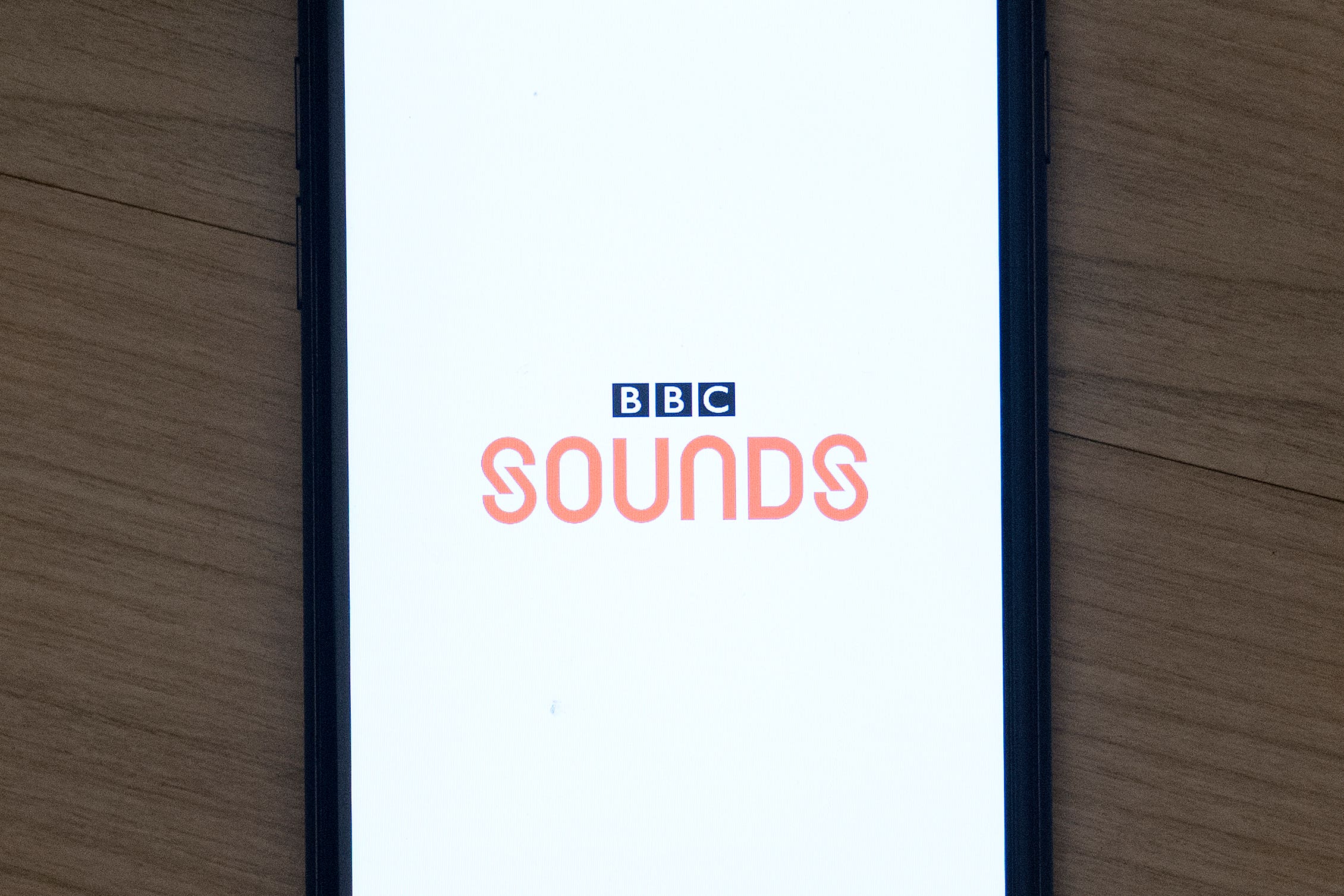BBC Sounds launches trial of generative AI-powered subtitles
A range of audio programmes will have transcripts produced using an artificial intelligence tool as part of a three-month trial of the technology.

The BBC Sounds app has launched a trial using generative AI to generate subtitles and transcripts for a range of audio programmes on the platform.
The broadcaster said it was using a speech-to-text AI tool called Whisper, created and made available open source by ChatGPT creator OpenAI, to power the new feature, which will be publicly trialled on the web and Android versions of the BBC Sounds app, with support on Apple’s iOS to follow in the coming weeks.
A crucial part of the BBC’s mission is that everyone across the UK feels the BBC is for them. Sometimes that’s about the content reflecting our different backgrounds, interests, and identity but it’s also about ensuring everyone can access our content
It said the tool was used to “quickly generate a high-quality transcript” of programme audio before being reviewed and edited where necessary by the BBC’s editorial team before a final transcript was uploaded with the audio to the BBC Sounds app.
Aniruddh Dimri, head of product at BBC Sounds, said: “A crucial part of the BBC’s mission is that everyone across the UK feels the BBC is for them. Sometimes that’s about the content reflecting our different backgrounds, interests, and identity but it’s also about ensuring everyone can access our content.
“As an example, BBC Sounds currently produces approximately 27,000 hours of content per month – but much of it can be difficult to access for the approximately 18 million people in the UK who are deaf, have hearing loss or tinnitus in the UK. We have been exploring ways to add subtitles so people can follow the audio with the help of text.
“Doing this manually would be time-consuming and prohibitively expensive.
“However, as we pilot new technology and explore how we can work with and use Generative AI tools to benefit our audiences, we have been looking at whether AI can help us add high quality, accurate subtitles to our audio content.”
After that review, we’ll determine whether or not to continue, and if successful whether to roll them out to more of our content on BBC Sounds, and potentially to expand to our archive as well
For the trial, the AI-powered transcripts will initially be used on programmes including In Touch, Access All, Profile, Sporting Witness and Economics with Subtitles, with the BBC looking to use the technology on further programmes throughout the three-month trial, it said.
“After three months we’ll review the progress made in the trial, how well the tools are working and if they’re a cost-effective way of making transcripts available in Sounds,” Mr Dimri said.
“After that review, we’ll determine whether or not to continue, and if successful whether to roll them out to more of our content on BBC Sounds, and potentially to expand to our archive as well.”
Generative AI tools have become increasingly common over the last 18 months, since the release of ChatGPT, as tech firms and other businesses have looked to take advantage of the frenzy around the technology and provide new tools to draw more consumers to their products and services.